Raising a cat to be emotionally intelligent might sound like an unusual concept, but it’s an essential part of ensuring your feline friend is a loving, well-adjusted companion. Cats, like humans, have emotions and needs that go beyond just food and shelter. The journey to nurturing a cat’s emotional intelligence begins right from kittenhood. This guide will walk you through the steps to create a harmonious and understanding bond with your kitty.
Understanding Emotional Intelligence in Cats
Emotional intelligence in cats is about how they perceive, understand, and respond to their environment and the people around them. Just like people, cats can experience a range of emotions such as happiness, fear, and even jealousy. Recognizing these emotions in your kitten is the first step. Imagine a cat as a small child who needs guidance and support to understand their feelings and the world around them. It’s crucial to observe and interpret their body language, purrs, and meows to gauge their emotional state accurately.
Creating a Safe and Loving Environment
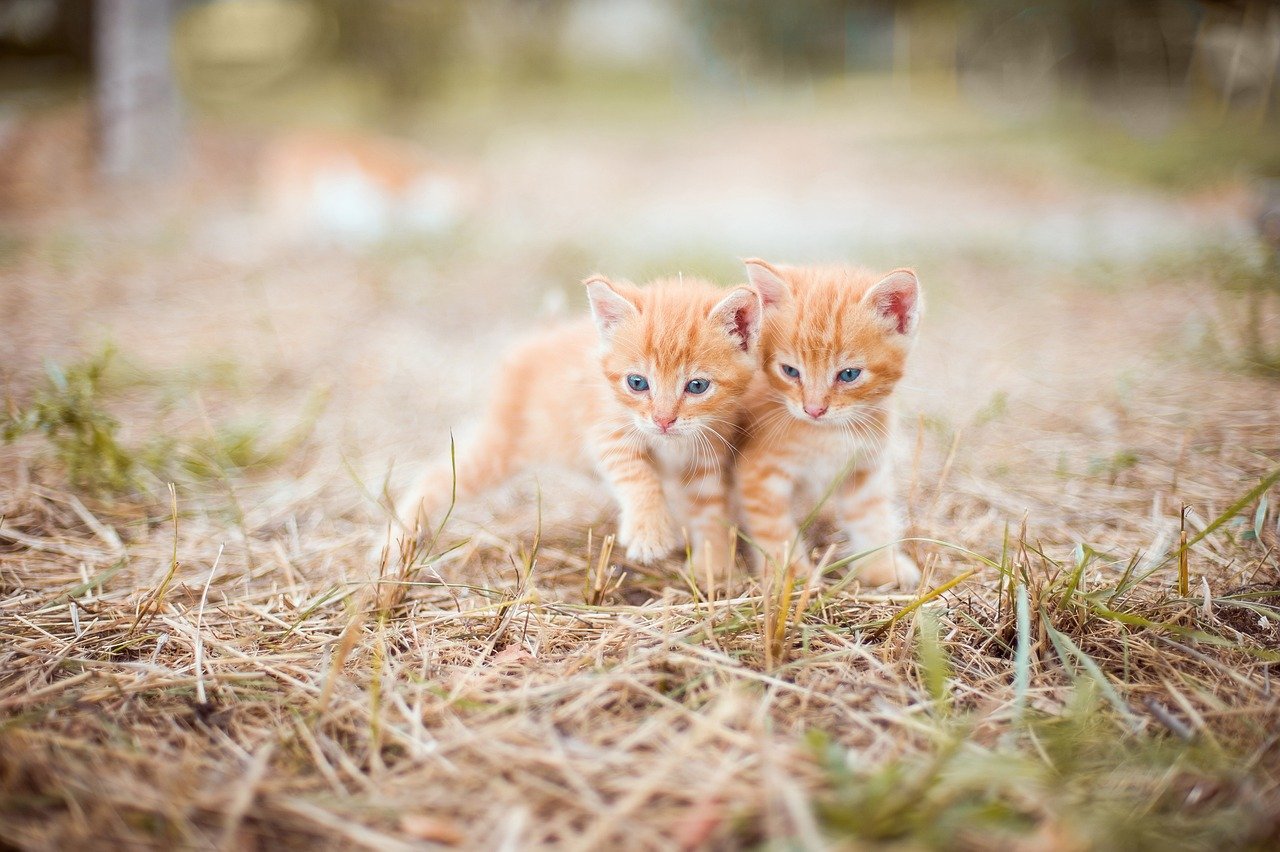
The environment you provide for your kitten plays a significant role in their emotional development. A safe and loving home encourages them to explore and build confidence. Cats feel secure when they have a designated space that is theirs alone—like a cozy corner with a soft bed or a secluded nook. This space acts like a sanctuary, much like a child’s bedroom, where they can retreat and feel safe. Providing toys and engaging activities also keeps their mind active and helps in emotional growth by reducing anxiety and boredom.
Socializing Your Kitten
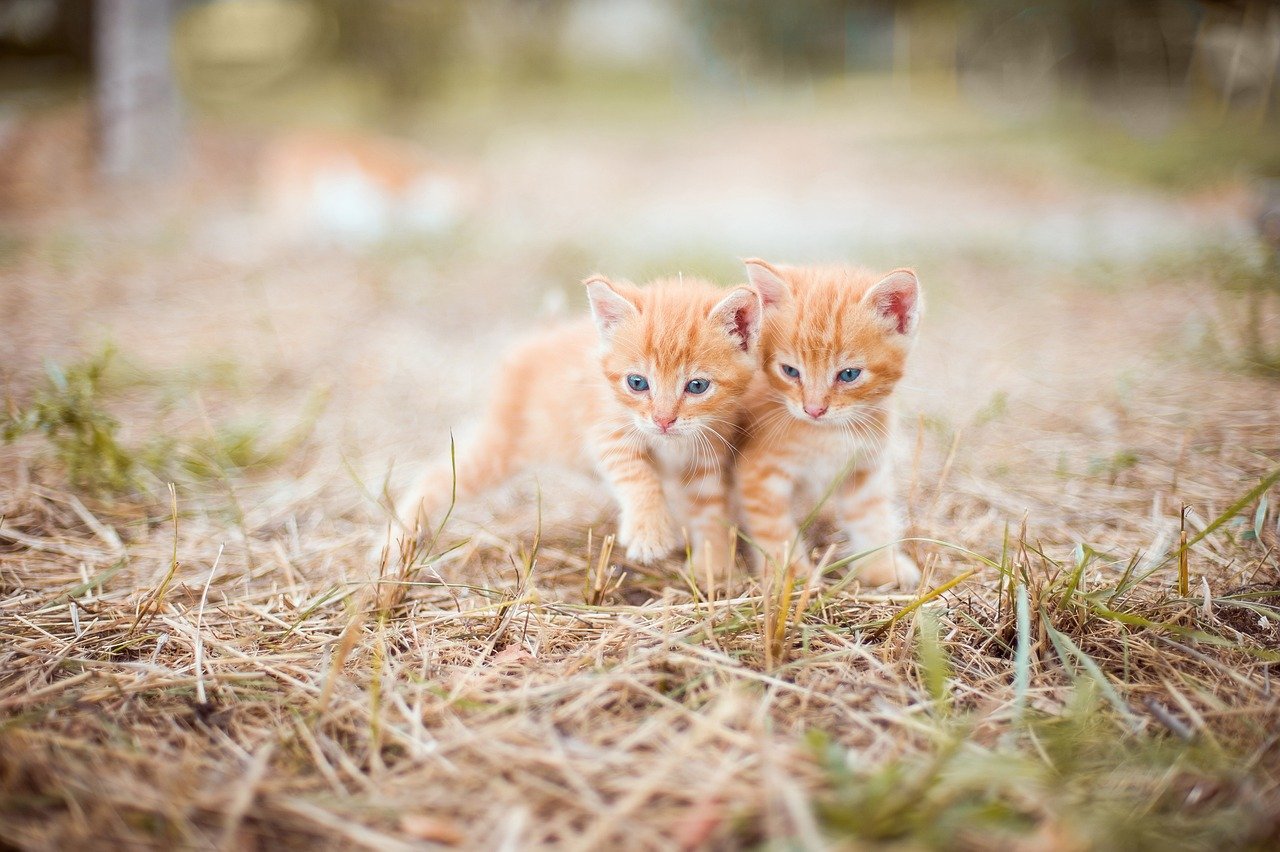
Socialization is not just for dogs; it’s equally important for kittens. Introducing them to various people, pets, and environments helps them become well-rounded adults. Think of it as a child attending school and meeting new friends. Start by inviting friends over to gently interact with your kitten, allowing them to get used to different smells and voices. Gradually expose them to other pets, ensuring each interaction is positive. This process enhances their ability to handle new situations and reduces stress in unfamiliar settings.
Understanding Kitten Communication
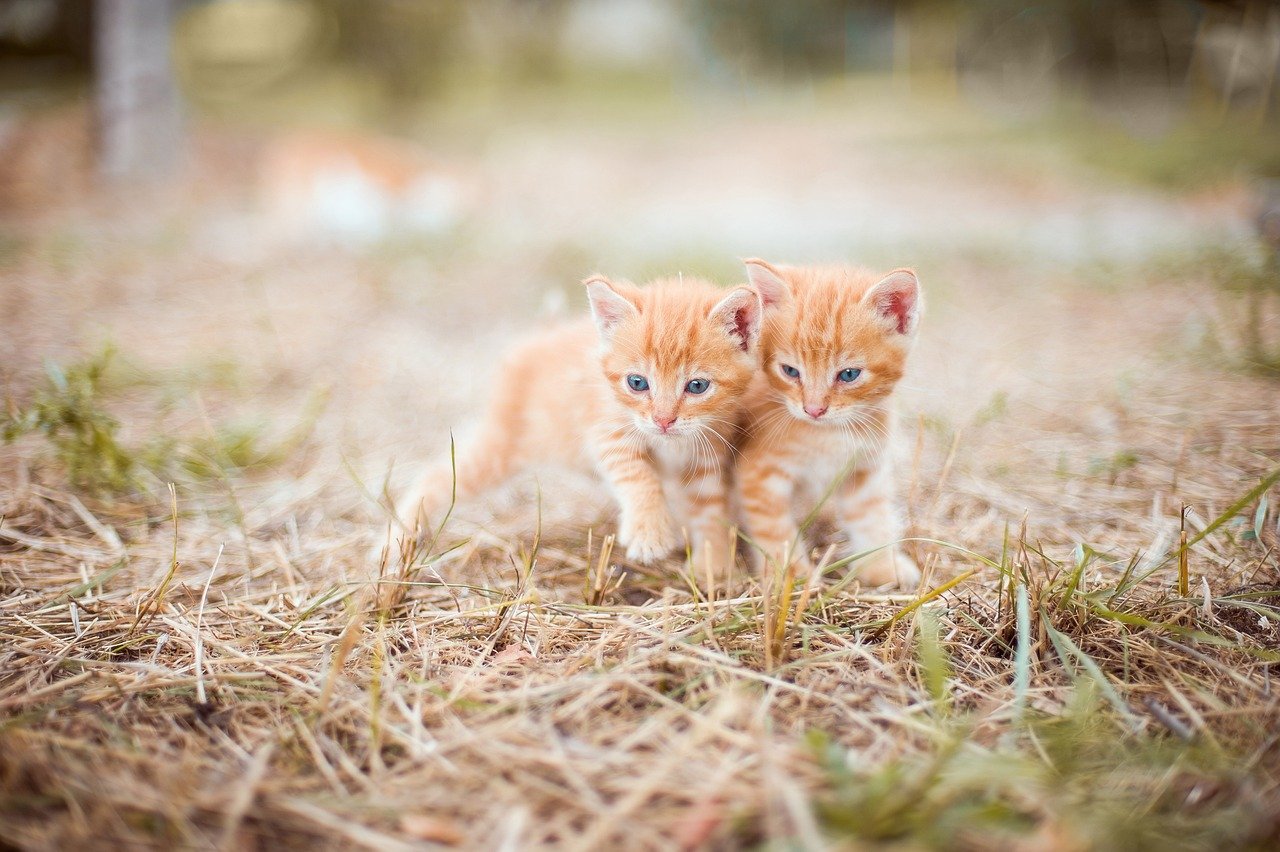
Cats have their unique ways of communicating, and understanding this ‘language’ is vital in raising an emotionally intelligent cat. They use body language, vocalizations, and even their tail to express feelings. A flicking tail might indicate agitation, while slow blinks could signal affection. Observing these cues is like learning a new language, and it helps you respond appropriately to their needs. By acknowledging their communication, you build trust and a stronger bond with your kitten.
Encouraging Play and Exercise
Playtime is more than just fun for kittens; it’s an essential part of their emotional and physical development. Engaging in play mimics hunting behavior and helps them develop coordination and confidence. Toys that simulate prey can stimulate their instincts and provide mental stimulation. Think of play as a child’s playdate, where they learn social skills and develop emotionally. Regular play sessions will help your kitten release pent-up energy and reduce stress, leading to a happier, healthier cat.
Providing Consistent Routines
Cats thrive on routine, and maintaining a consistent schedule is key to their emotional well-being. Just like children who feel secure with bedtime stories, kittens benefit from predictable feeding and playtimes. A regular routine minimizes anxiety and helps them understand what to expect each day. Consistency in your interactions and care assures your kitten that their world is stable and predictable, which is crucial for emotional development.
Building Trust Through Positive Reinforcement

Positive reinforcement is a powerful tool in building trust with your kitten. Rewarding good behavior with treats or affection encourages your kitten to repeat those actions. It’s similar to praising a child for good manners, reinforcing positive behaviors. Avoid punishment, as it can lead to fear and anxiety. Instead, focus on rewarding desirable behaviors, which will foster a trusting and loving relationship between you and your cat.
Handling Stress and Anxiety
Understanding how to manage your kitten’s stress and anxiety is essential for their emotional health. Cats can become anxious due to changes in their environment, such as moving house or the arrival of a new pet. Identifying the signs of stress, like excessive grooming or hiding, is the first step in addressing these issues. Providing a calm and stable environment and using calming aids, like pheromone diffusers, can help soothe your kitten’s anxiety, much like a lullaby soothes a crying baby.
Recognizing and Respecting Boundaries

Every cat has its boundaries, and recognizing these limits is vital in raising an emotionally intelligent cat. Some cats love cuddles, while others prefer their space. Respecting their preferences is akin to respecting a friend’s personal space. Pushing a cat beyond its comfort zone can lead to stress and a breakdown in trust. Always allow your kitten to approach you on their terms and respect their signals when they’ve had enough interaction.
Introducing New Experiences Gradually

New experiences can be overwhelming for kittens if introduced too abruptly. Gradual exposure is key, much like introducing a child to new foods one at a time. Whether it’s a new toy, a visit to the vet, or a car ride, take it slow. Allow your kitten to explore new experiences at their own pace, offering reassurance and comfort when needed. This approach helps them adapt without fear, fostering a sense of security and curiosity.
Encouraging Independence

While it’s important to shower your kitten with love, encouraging independence is equally crucial. Giving them the freedom to explore, play, and make choices helps build confidence. Think of it as allowing a child to play in the backyard without constant supervision. Providing opportunities for independent play and exploration helps your kitten develop self-assurance and curiosity, key components of emotional intelligence.
Understanding the Importance of Nutrition
A balanced diet is vital for your kitten’s overall health and emotional well-being. Proper nutrition supports brain development, which is essential for emotional growth. Just like a healthy diet fuels a child’s growth and learning, a nutritious diet helps your kitten thrive. Consult your veterinarian for dietary recommendations, ensuring your kitten receives all the necessary nutrients for optimal development.
Strengthening the Human-Cat Bond
Building a strong bond with your kitten is the foundation of emotional intelligence. Spend quality time together through play, grooming, and simply being present. This interaction is akin to a parent-child relationship, where trust and love are nurtured. A strong bond creates a sense of security and belonging for your kitten, making them more emotionally resilient and affectionate.
Respecting Your Kitten’s Personality
Every cat has a unique personality, and understanding and respecting this individuality is crucial. Some kittens are naturally outgoing, while others are shy. Embrace your kitten’s personality, much like accepting a friend’s quirks. Celebrate their strengths and gently support areas where they might need encouragement. This acceptance fosters a positive environment where your kitten feels valued and understood.
Providing Mental Stimulation
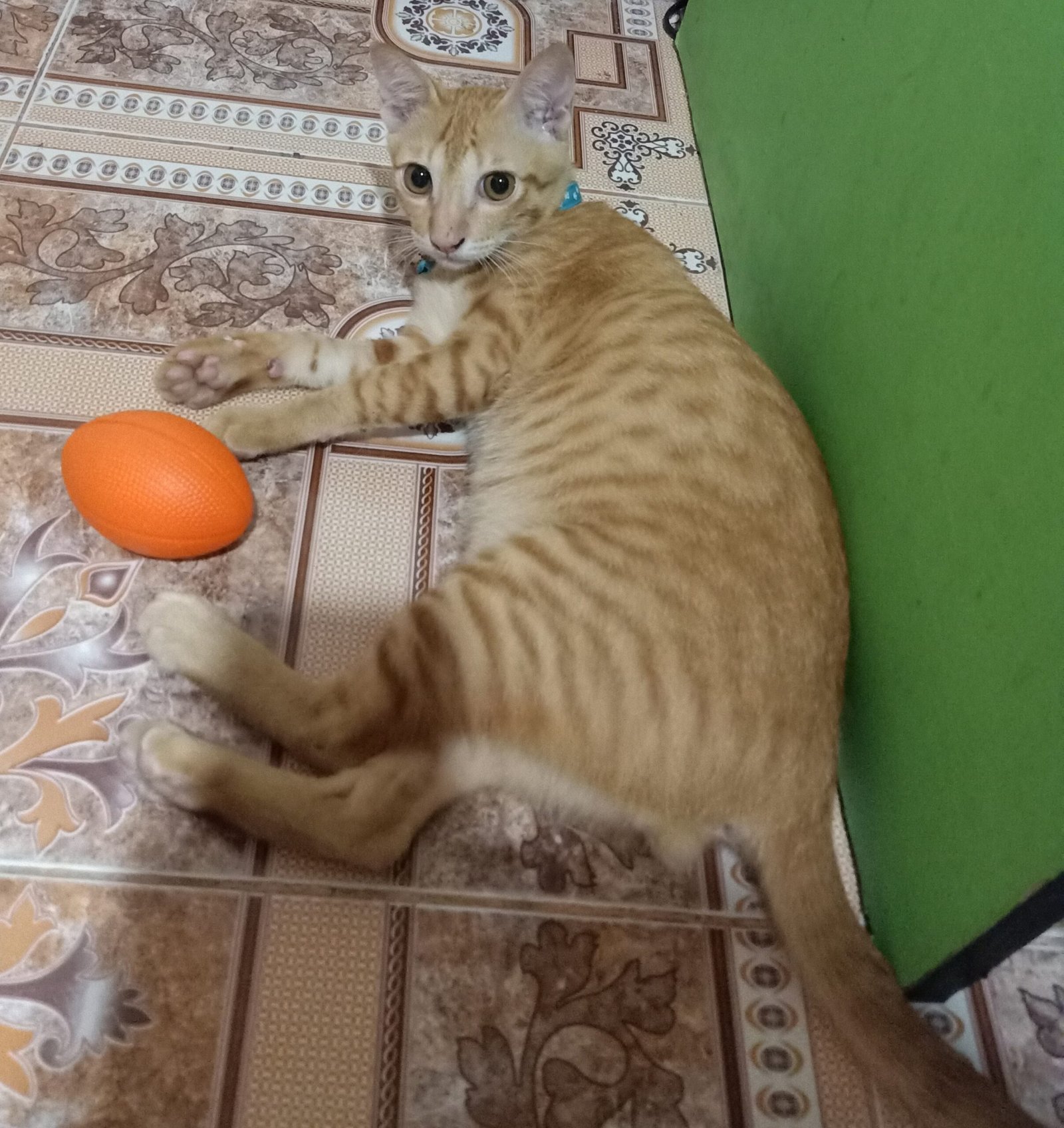
Keeping your kitten mentally stimulated is essential for their emotional development. Interactive toys, puzzle feeders, and training sessions challenge their mind and provide enrichment. Think of it as mental exercise, much like puzzles and games for children. Mental stimulation prevents boredom and encourages problem-solving skills, contributing to a more intelligent and emotionally balanced cat.
Recognizing Signs of Illness
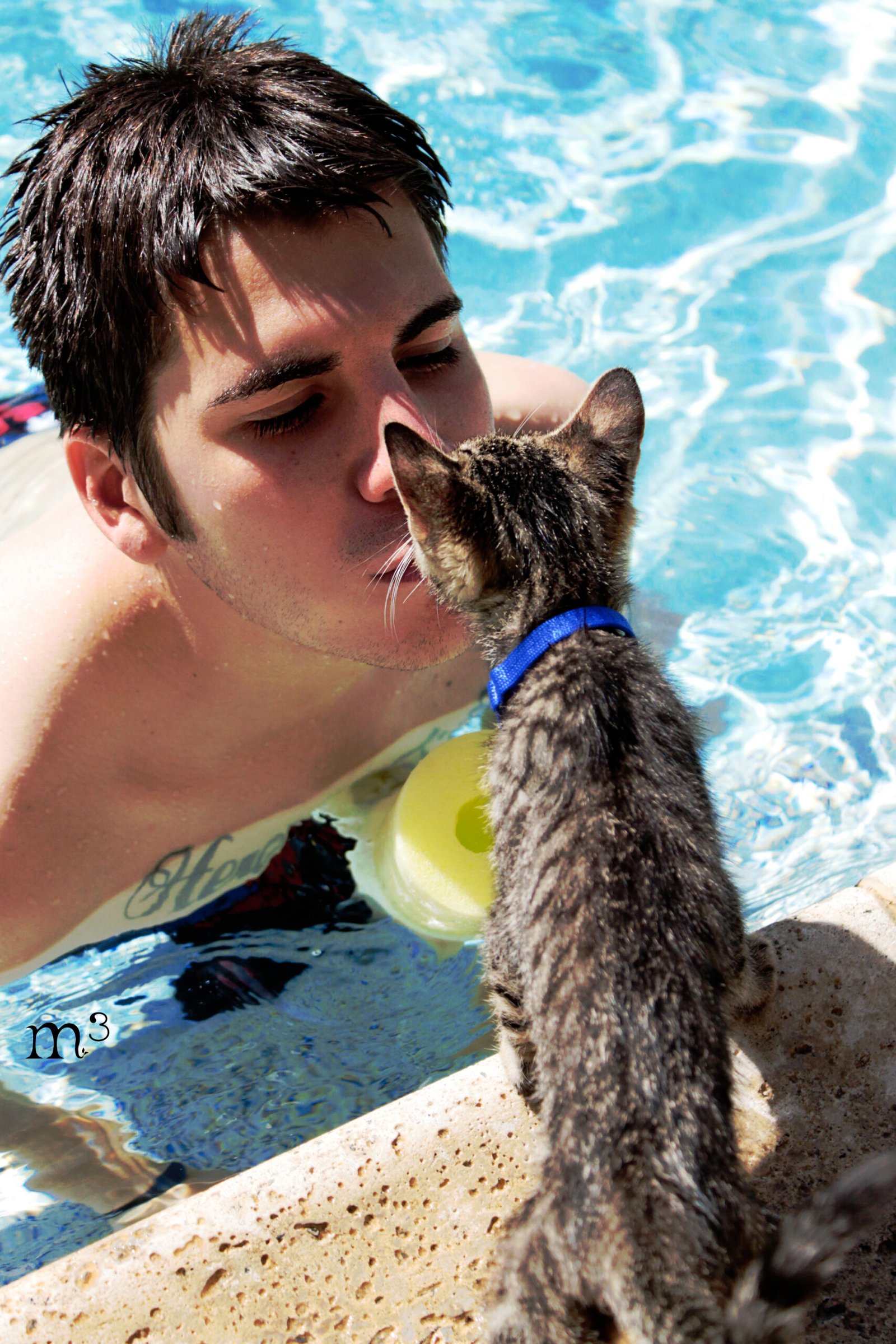
Being attuned to your kitten’s health is part of emotional intelligence. Changes in behavior, appetite, or litter box habits can indicate health issues. Recognizing these signs early ensures prompt veterinary care, safeguarding their well-being. Just as a parent notices when a child isn’t feeling well, being observant helps you address potential problems before they escalate.
Encouraging Positive Interactions with Other Animals
If you have other pets, fostering positive interactions between them is vital. Gradual introductions and supervised play help build harmonious relationships. Imagine it as facilitating friendships among children. Encouraging positive interactions reduces tension and fosters a peaceful coexistence, contributing to your kitten’s emotional security and confidence.
Understanding the Role of Grooming
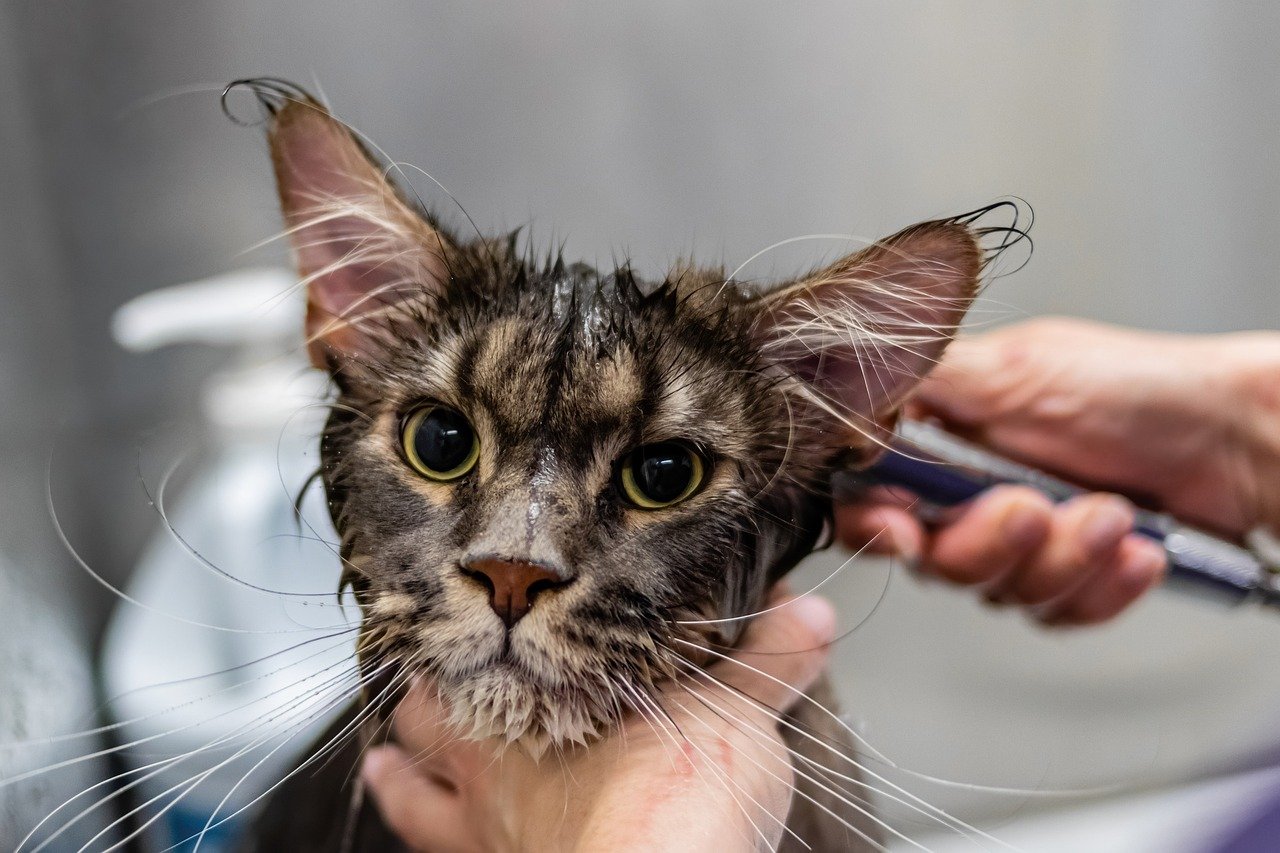
Grooming is more than just hygiene; it’s a bonding activity that promotes trust and relaxation. Regular grooming sessions allow you to check for health issues and ensure your kitten feels comfortable and loved. It’s akin to a spa day, where they receive pampering and care. Grooming reinforces your bond and helps your kitten associate touch with positive experiences.
Preparing for Changes and Transitions
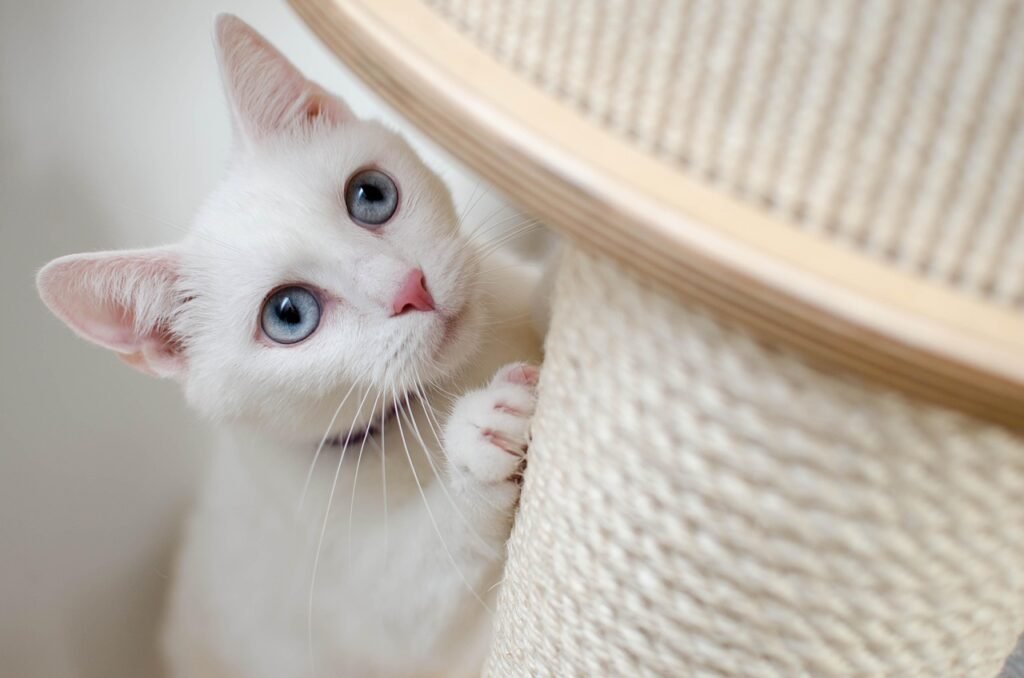
Life changes, such as moving or adding a new family member, can impact your kitten’s emotional state. Preparing them for transitions involves maintaining routines and providing reassurance. It’s like preparing a child for a new school; familiarity and comfort help them adjust. Supporting your kitten through these changes ensures they remain emotionally balanced and resilient.
Celebrating Your Kitten’s Milestones
Celebrate your kitten’s milestones, such as learning new tricks or reaching growth stages. Acknowledging achievements reinforces positive behavior and strengthens your bond. Much like celebrating a child’s achievements, it boosts their confidence and happiness. These celebrations create joyful memories and contribute to a fulfilling and emotionally intelligent life for your cat.
Hi, I’m Bola, a passionate writer and creative strategist with a knack for crafting compelling content that educates, inspires, and connects. Over the years, I’ve honed my skills across various writing fields, including content creation, copywriting, online course development, and video scriptwriting.
When I’m not at my desk, you’ll find me exploring new ideas, reading books, or brainstorming creative ways to solve challenges. I believe that words have the power to transform, and I’m here to help you leverage that power for success.
Thanks for stopping by, Keep coming to this website to checkout new articles form me. You’d always love it!






